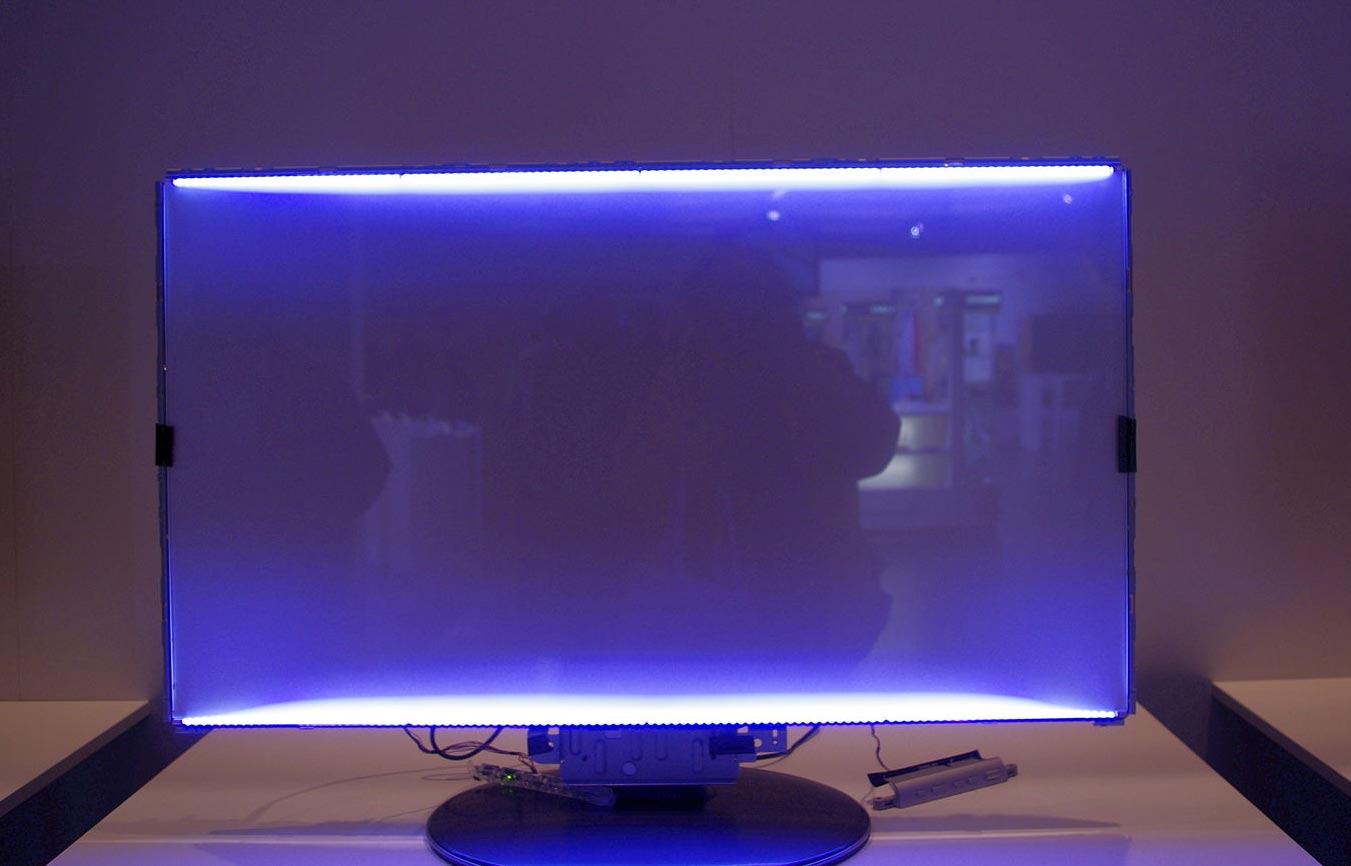Sleep Tight
Posted by Vero Luxury Linens on Aug 01, 2018
A good day begins the night before. Sleep poorly and your next day’s productivity, energy, mental and physical health can be negatively affected. Many of us are cursed with achieving that essential good night’s sleep, but there are some simple steps you can take to improve the quality of your sleep and in turn, improve the quality of your every waking hour.

Sleep 101: Seven Steps to Better Sleep
Sync Your Body’s Sleep/Wake Cycle:
- Maintain a Consistent Bedtime! This helps set your body’s internal clock and optimizes the quality of your sleep. Select a bed time when you naturally feel tired. If you’re getting enough sleep, you should be able to awaken without an alarm.
- Don’t Sleep In! The closer you can keep your weekend and weekday sleep schedule, the less likely you are to suffer from “jet lag” symptoms. If you need some catch up sleep for a late night, opt for a daytime nap rather than sleeping in, so as to not disrupt your body’s sleep/wake cycle.
- Nap Cautiously! Napping is a beneficial way to make up for lost sleep, but if you have trouble falling asleep or staying asleep at night, napping can compound your problem. Limit naps to 15 to 20 minutes in the early afternoon and go to bed at your regular time.
Lights Off! Lights On!
Melatonin, a naturally occurring hormone, is influenced by light exposure and aids in regulating your sleep-wake cycle.
When it’s dark your brain secretes more melatonin —making you sleepy and if sleep is your goal then:

- Avoid brightly lit screens within a few hours of bed. Particularly disruptive is the blue light emitted by television, computer, tablet or phone screens. You can minimize impact by lowering the brightness or using devices with smaller screens.
- Avoid late-night television. Not only does the light from the screen suppress melatonin, but the program may stimulate you as opposed to relax you.
- Avoid backlit e-readers. Tablets that are backlit are more disruptive than those without their own light source.
- Completely darken your room when it’s time to sleep. Use shades, blinds and/or heavy curtains to block light from windows. Lower or cover electronics that emit light and, if necessary, consider the addition of sleep blocking mask.
- If you have to get up during the night, keep lighting low. If you need some light to move around safely, try installing a dim nightlight in the hall or bathroom. Keeping light to minimum will make it easier to fall back to sleep.
Alternately, your brain secrets less melatonin when it’s light —making you naturally more alert, so, when it’s time to be productive:
- Expose yourself to bright sunlight in the morning. The sooner you’re exposed to natural light, the sooner you’ll fully awaken.
- Spend as much as time as possible outdoors during daytime hours. Take your work breaks outside in sunlight, exercise outside, or walk your dog during the day instead of at night.
- Let as much natural light into your home or workspace as possible. Keep curtains and blinds open during the day and try to move your desk closer to the window.
- If necessary, use light therapy or a “depression light. ” This simulates sunshine and can be especially useful during short winter days.
Get Movin’:
Regular exercise will help you sleep better at night and have more energy during the day. It also improves the symptoms of insomnia and sleep apnea and increases the amount of time you spend in the deep, restorative stages of sleep (REM) .

The more vigorously you exercise, the more powerful the sleep benefits . But even light exercise—such as walking for just 10 minutes a day—improves sleep quality.
Be patient. It may take several months of regular exercise activity before you experience the full sleep-promoting effects.
- Be aware! Exercise speeds up your metabolism, elevates body temperature, and stimulates hormones such as cortisol. This isn’t a problem if you’re exercising in the morning or afternoon, but too close to bed and it can interfere with sleep so exercise at least 3 hours prior to bedtime.
Moderation! Moderation! Moderation!
Your daytime eating habits and drinking play a role in how well you sleep, especially in the hours before bedtime.

- Limit caffeine and avoid nicotine. You might be surprised to know that caffeine can cause sleep problems up to ten to twelve hours after consumption! Tobacco is another stimulant that can disrupt your sleep.
- Avoid large meals at night. Eat dinner earlier in the evening, and avoid heavy, rich foods within two hours of bed. Avoid spicy foods which may result in heartburn and disrupt sleep.
- Avoid alcohol before bed. While a nightcap may help you relax, it interferes with your sleep cycle once you’ve fallen asleep.
- Avoid drinking too many liquids in the evening. Drinking a lot of fluid may result in frequent bathroom trips throughout the night.
- Cut back on sugary foods and refined carbs. A diet heavy with simple carbs and sugar during the day can trigger wakefulness at night and pull you out of the deep, restorative stages of sleep.
- For some people, a light snack before bed can help promote sleep. For others, eating before bed can lead to indigestion and make sleeping more difficult. If you need a bedtime snack, consider whole grain low sugar cereal, a cup of yogurt or a glass of low-fat milk.
Time to Wind Down:
Winding down at night can be difficult, especially if your day has been wrought with stress—even good stress. Consider the following relaxation techniques to help you alleviate anxiety:
Deep breathing: Close your eyes and take deep, slow breaths, making each breath even deeper than the last.
Progressive muscle relaxation: Starting with your toes, tense all the muscles as tightly as you can, then completely relax. Work your way up to the top of your head. Repeat.
Visualization: Close your eyes and imagine a place that’s calming and peaceful. Concentrate on your relaxed state of mind.
Consider these soothing bedtime rituals that signal to your brain that it’s time to wind down and let go of the day’s stresses.
- Read a book or magazine by a soft light
- Take a warm bath
- Listen to soft music
- Listen to an audiobook
- Dim the lights in the hours leading up to bed
Dark, Cool & Quiet:
Sometimes even small changes to your environment can help improve your sleep :
- Keep it quiet. If you can't avoid or eliminate noise from neighbors, traffic, or others in your household, try masking it with a fan or sound machine or white noise. Consider ear plugs.
- Keep it cool. Most people sleep best in a slightly cool room (around 65° F or 18° C) with adequate ventilation. A bedroom that is too hot or too cold can interfere with quality sleep.
- Keep it comfortable. Your bed covers should leave you enough room to stretch and turn comfortably without becoming tangled. If you often wake up with a sore back or an aching neck, you may need to experiment with different levels of mattress firmness, foam toppers, and pillows that provide more or less support.
- Don’t forget a great set of sheets & pillows can enhance your sleep as well.
- Keep it sacred. Reserve your bed for sleep and sex! Your brain will come to associate the bedroom with just sex and sleep making it easier to wind down at night.
If at First You Don’t Succeed…
It’s normal to wake briefly during the night but if you’re plagued with an inability to fall back to sleep these tips may help:
- Don’t fret! Hard as it may be, try not to stress over your inability to fall back to sleep; stress only encourages your body to stay awake.
- Let relaxation be your goal! If you experience difficulty falling back to sleep try a relaxation technique such as visualization, progressive muscle relaxation, or meditation while you lay in bed. Though not a replacement for sleep, relaxation can still help rejuvenate your body.
- Put it in writing! If you wake during the night with a thought or a concern, jot it down it on paper deal with it in the morning when you’re fresh and productive.
If your bedding isn’t up to par, consider some luxury sheets & new pillows to help get you that better nights sleep your longing for.


